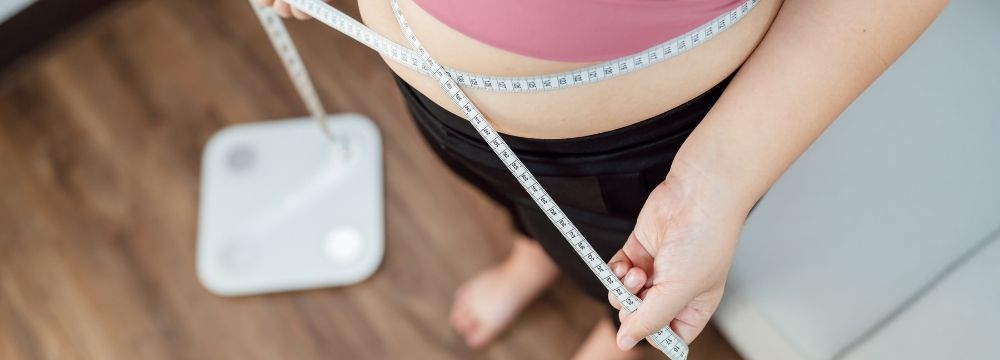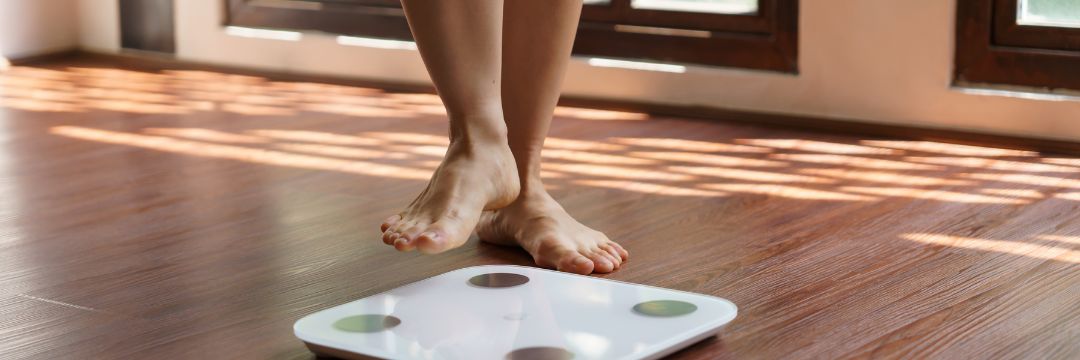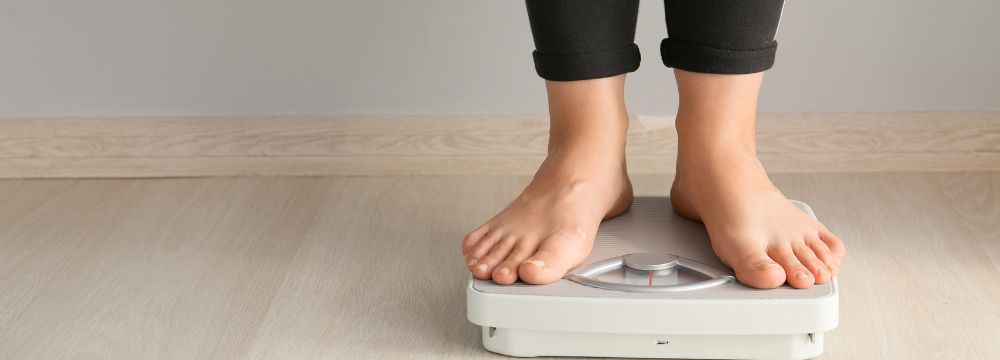
Early on in the coronavirus pandemic, the Center for Disease Control identified obesity and diabetes as characteristics that increased individual’s risk for severe complications from COVID-19. Now, new research is beginning to clearly demonstrate how these health conditions impact patient’s outcomes. Published in Diabetologia, “Phenotypic characteristics and prognosis of inpatients with COVID-19 and diabetes: the CORONADO study” followed hospitalized COVID-19 patients with diabetes in a nationwide observational study in France. Two important standouts from this research:
- Body Mass Index was independently correlated to severity of COVID-19
- Nearly 11% of hospitalized COVID-19 patients with diabetes died within 7 day
As experts in obesity treatment, this research is important to us as we work closely with hundreds of patients each year who struggle with obesity and related diseases like diabetes. SAMPA’s Dr. Barry Ballard reviewed the research in the CORONADO Study and notes, “I believe this does show a strong independent correlation between BMI and the outcome of either intubation or death in COVID 19 patients.”
We know that obesity adds stress on the body. “I think all the underlying issues we discuss in our weight loss seminars about how obesity directly effects a large multitude of medical health problems,” including hypertension, coronary artery disease, diabetes mellitus, obstructive sleep apnea, and liver disease, “then translates equally to COVID 19 outcomes,” Dr. Ballard points out.
“Obese patients tend to have more underlying health issues than do their cohorts in the normal BMI range,” says Dr. Ballard. “I agree this leads to their poorer outcomes outlined in the CORONADO study.” Coronavirus or not, carrying excess weight taxes the body’s systems more highly and increases the risk of contracting or developing and having complications with many health conditions.
With so much still unknown about the coronavirus and how and why it attacks certain patients, it is important that we do what we can to set ourselves up for success in our overall health. This means taking recommended precautions to limit the spread, but also prioritizing our overall health including finding a healthier weight. As Dr. Ballard stated, “I believe it is safe to say that weight loss and overall improvement in one’s health would decrease the risk of a negative outcome, including death and mechanical ventilation, in a person exposed to the Coronavirus.”
We know treatments like bariatric and metabolic surgery improve overall health for patient with severe obesity. Patients with a BMI over 40 or a BMI over 35 with one or more associated medical conditions qualify for bariatric surgery to treat obesity and are often able to eliminate or improve weight related illnesses like diabetes. If you’re interested in learning more about weight loss surgery, we invite you to any of our bariatric seminars. We offer both in person and online options for both seminar and appointments with our team of board certified surgeons.
To learn more about how we are prioritizing safety in the office and at the hospital, read our blog on practice and hospital protocol for COVID-19.
Reference:
- https://diabetologia-journal.org/wp-content/uploads/2020/05/Cariou.pdf










